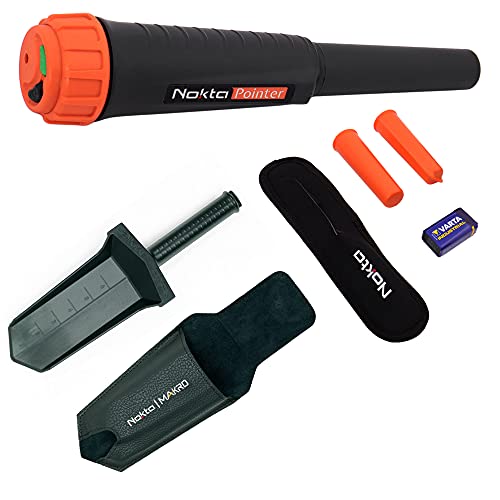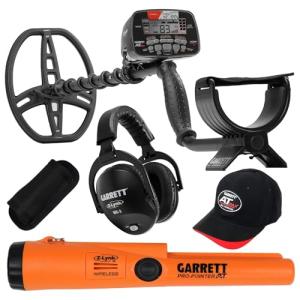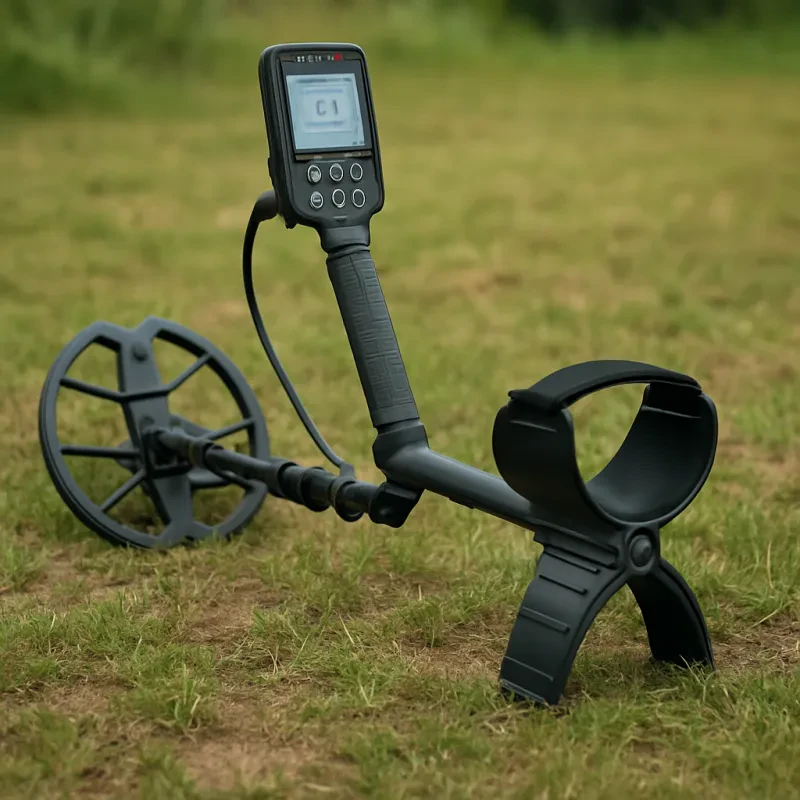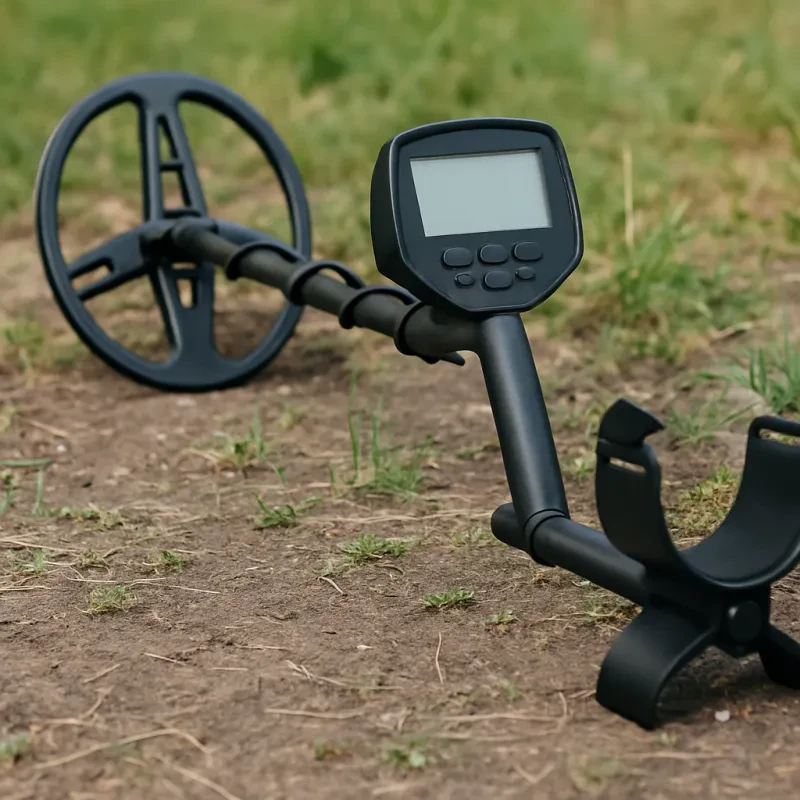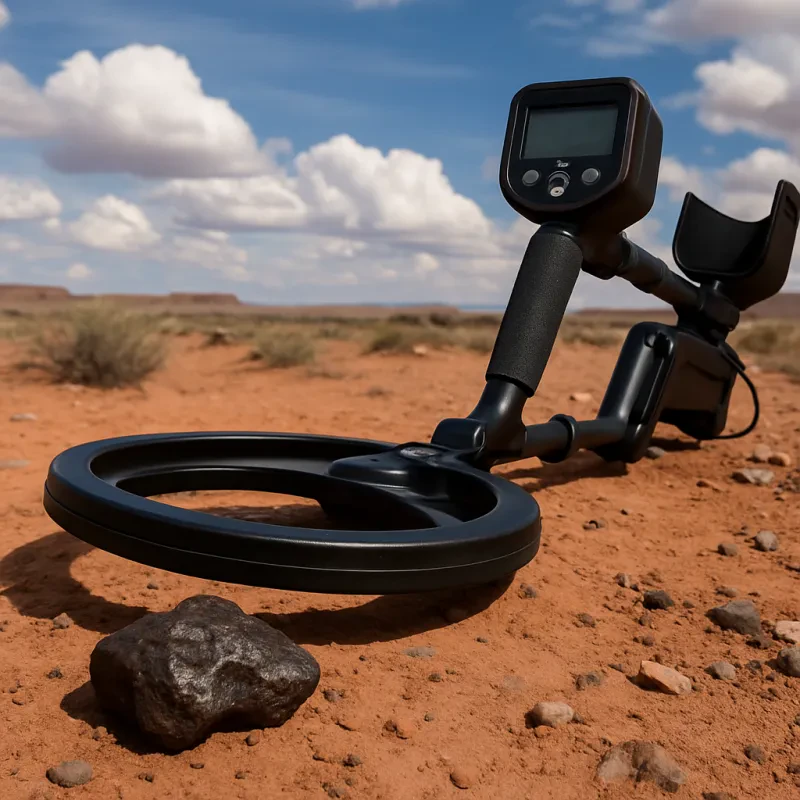€100.79
4.32 out of 5 starsNokta Makro Waterproof Pinpointer Metal Detector with Digger
The ultimate metal detection tool for underwater exploration and precise digging
Product information
Product Review Score
Product links
Metal detecting, a popular hobby that combines the thrill of discovery with the love of history and outdoor activity, is subject to various laws and regulations across the United States, including in Alaska. Alaska's vast and rugged terrain, rich in natural beauty and historical artifacts, offers unique opportunities and challenges for metal detecting enthusiasts. In this article, we will explore the laws governing metal detecting in Alaska, highlighting the importance of understanding and complying with these regulations to ensure the protection of historical sites and natural landscapes. Additionally, we will provide resources for individuals interested in metal detecting in Alaska to find more information and stay informed about legal requirements and best practices.
Understanding Alaska's Metal Detecting Laws
Alaska's metal detecting laws are designed to protect historical artifacts, archaeological sites, and the natural environment while allowing hobbyists to enjoy their search for treasures. These laws vary depending on the type of land (federal, state, or private) and are enforced by different agencies.
Federal Land in Alaska
Many areas in Alaska are federally owned and managed by agencies such as the National Park Service (NPS), Bureau of Land Management (BLM), and U.S. Forest Service (USFS). Metal detecting on federal lands is generally prohibited or heavily restricted, especially in national parks, monuments, and historical sites, where removing artifacts is illegal under the Archaeological Resources Protection Act (ARPA). However, some BLM and USFS lands may allow metal detecting with specific guidelines or permits. It's crucial to check with the local agency office for the most current regulations.
State Land in Alaska
The State of Alaska also regulates metal detecting on state-owned lands, including state parks and historical sites. The Division of Parks and Outdoor Recreation oversees these regulations, which can include permit requirements or restrictions on areas where metal detecting is allowed. State regulations aim to balance the recreational use of lands with the preservation of Alaska's cultural and natural heritage.
Private Land in Alaska
Metal detecting on private property in Alaska requires the explicit permission of the landowner. Obtaining permission not only ensures legal compliance but also helps in building a positive relationship between metal detecting enthusiasts and property owners.
Best Practices for Metal Detecting in Alaska
- Seek Permission: Always obtain permission before metal detecting on private lands or areas where regulations require it.
- Respect the Land: Follow the principles of Leave No Trace. Fill any holes you dig and avoid damaging vegetation or wildlife habitats.
- Be Informed: Stay updated on the laws and regulations affecting metal detecting in specific areas. Regulations can change, and being informed helps in avoiding unintentional violations.
- Protect Historical Artifacts: If you discover any item that could be of historical or cultural significance, it's important to report it to the appropriate authorities. Preserving Alaska's history is a shared responsibility.
Resources for Metal Detecting in Alaska
For those interested in metal detecting in Alaska, several resources are available to help navigate the legal landscape and ensure a responsible and enjoyable experience:
- Alaska Department of Natural Resources: Offers information on state lands, including regulations and permits for metal detecting.
- Bureau of Land Management Alaska: Provides guidelines and regulations for metal detecting on BLM lands in Alaska.
- U.S. Forest Service (Alaska Region): Information on USFS lands in Alaska and any specific requirements for recreational activities can be found here.
- National Park Service: Though metal detecting is generally prohibited in national parks, the NPS can offer guidance on regulations in specific areas.
- Local Metal Detecting Clubs: Joining a local metal detecting club can be a great way to learn about the hobby, understand local regulations, and connect with experienced metal detectors in Alaska.
Metal detecting in Alaska offers a unique adventure amidst some of the most beautiful and untouched landscapes in the United States. However, it comes with the responsibility to respect and protect the natural environment and historical heritage. By understanding and adhering to Alaska's metal detecting laws, hobbyists can ensure their treasure hunting does not come at the cost of damaging the very history and nature they admire. Always start your metal detecting journey with thorough research, respect for the law, and consideration for the land and its history.
€703.88
4.43 out of 5 starsGarrett AT MAX Waterproof Metal Detector with Wireless Headphones and Pinpointer
The ultimate metal detecting bundle for all terrain exploration, featuring the Garrett AT MAX Waterproof Metal Detector with Wireless Headphones and Pinpointer
Product information
Product Review Score
Product links

